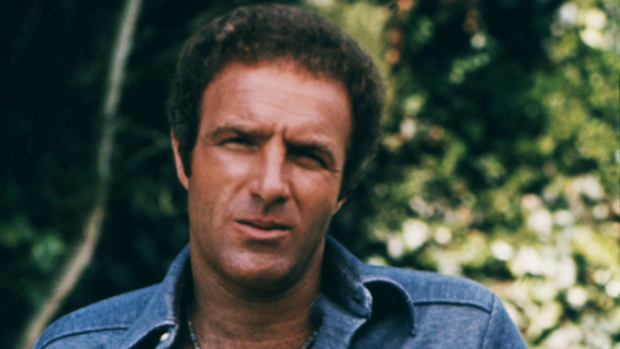The writer is a partner at Sequoia Capital
Not much suggests a connection between Siena, the most majestic of Tuscany’s hill towns, and the flatlands of Santa Clara, the city in northern California which houses the Great America theme park and Levi’s stadium, home of the San Francisco 49ers. But there is a link and it has become painfully obvious during the past few days.
In Siena, the bank of Monte dei Paschi di Siena has occupied a pivotal role in the surrounding community since its formation in 1472. In Santa Clara, Silicon Valley Bank — or SVB as it became known — gained a reputation for being a pillar of the technology industry, since its opening in 1983.
The history and particulars of each bank are worlds apart. Yet, since 2013 when Monte dei Paschi di Siena melted down to become a shadow of its former self, the local community has felt the pinch. Businesses have found it more difficult to obtain financing and many community organisations have lost a source of vital support. Both Siena and the surrounding countryside are poorer because of the bank’s troubles.
For those of us who have worked in Silicon Valley for the past forty years, SVB has been our most important business partner. Until this week we always recommended to founders, after we decided to make a seed or venture investment, that they immediately open a bank account at SVB. It is no coincidence that Stripe’s Atlas programme, which allows companies outside the US to form a US company, used SVB as its bank. (Sequoia is Stripe’s largest investor.) Before SVB sprang to life, it was difficult, if not impossible, for a start-up to secure a relationship with a large, established bank. Small west coast technology companies were incomprehensible or insignificant to the large east coast banks whose customers included international airlines, heavy industry and nationwide retailers. Our companies, often started by people in their twenties, were bypassed or ignored.
As technology crept into every crevice of the economy, SVB gradually followed. The bank opened offices where the entrepreneurial bug was alive — both in the US and overseas. Like all of us, SVB has had its ups and downs, but it has largely stuck to its knitting and its fortunes have mirrored those of the start-up economy.
In a perverse way, SVB has paid a price for its loyalty. Much will be said about the reasons for its demise, but few will dwell on what made it special for those of us in Silicon Valley. SVB stayed close to its roots and its customers. When it collapsed almost all of its 40,000 customers were technology companies — a drop in the bucket for the big banks.
SVB was like the cherished local market where people behind the counters know the names of their customers, have a ready smile but still charge the going price when they sell a cut of meat. When a small tech business ran into difficulties, we knew we would get a sympathetic hearing but also that we would have to pay the piper.
In the broader Silicon Valley community, SVB and its many employees could always be counted upon to, quietly and modestly, lend support to students applying to college, tend community gardens, supply food banks, or provide companionship to the elderly.
I’m sure many will look upon its demise and the ungodly amount of fear-mongering on social media and chuckle gleefully about how the technology industry just got a spanking. So be it. We are not seeking special treatment or handouts. If a bank fails — even if it is our bank — that’s the price we pay for living in an economy where success is rewarded, and mis-steps are punished. But if adequate steps aren’t taken to ensure that tens of thousands of entrepreneurs can meet their payrolls and other obligations, the US hold on any number of groundbreaking technologies will be substantially weakened.
Yet when a community loses its bank, whether in a Tuscan hill town or on the coast of the Pacific, it’s like having a death in the family. Once again, the fates of thousands of small technology companies and the vitality of the start-up economy will be back in the hands of strangers, and the US will be all the poorer.


























































![Mason Ramsey – Twang [Official Music Video] Mason Ramsey – Twang [Official Music Video]](https://i.ytimg.com/vi/xwe8F_AhLY0/maxresdefault.jpg)





















